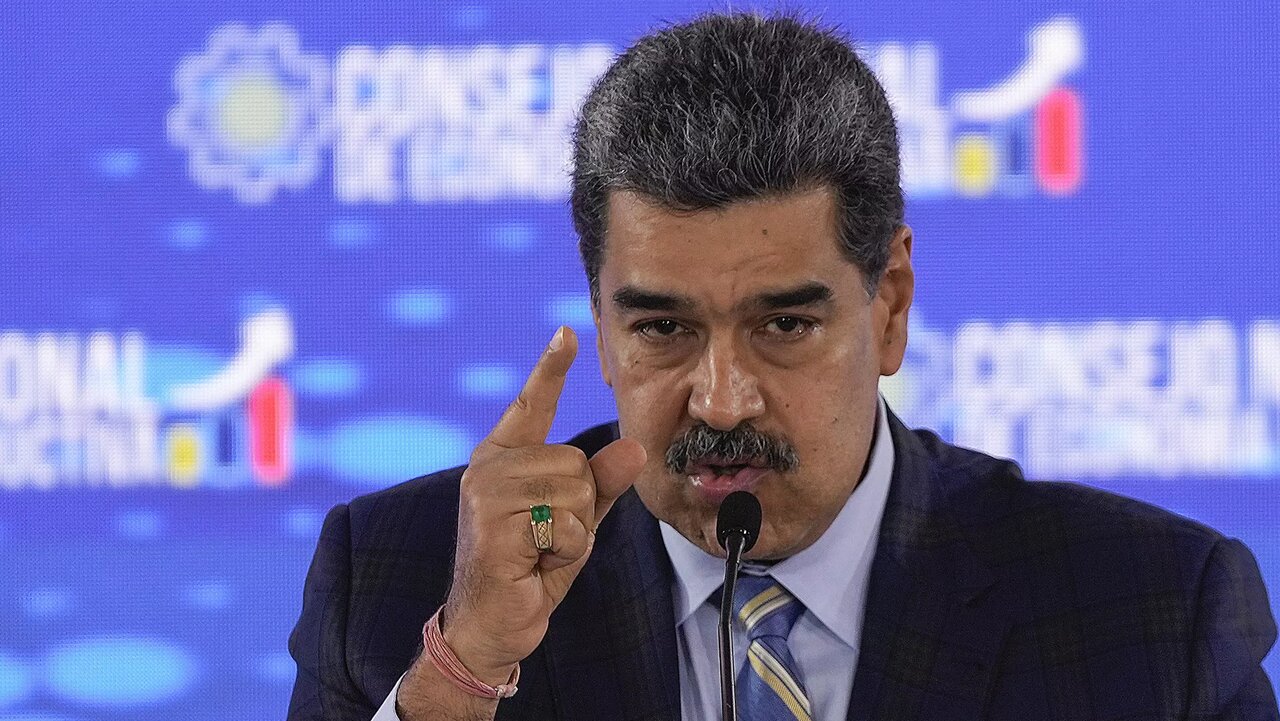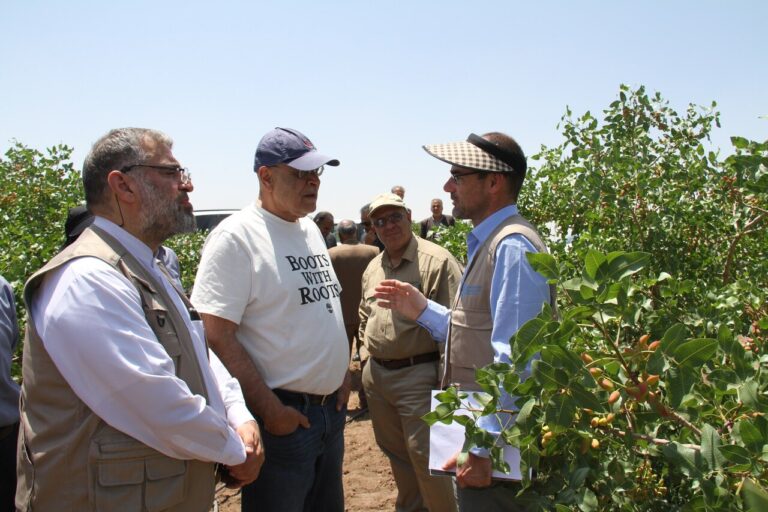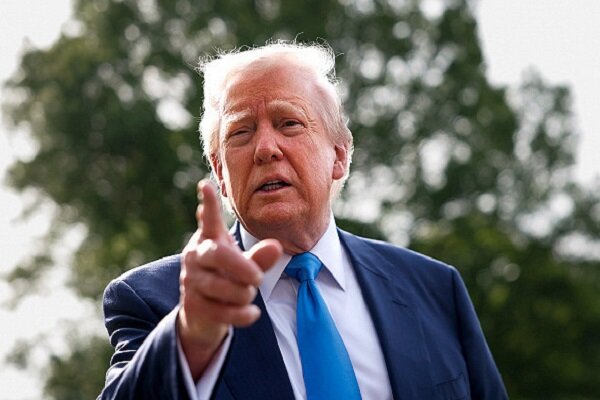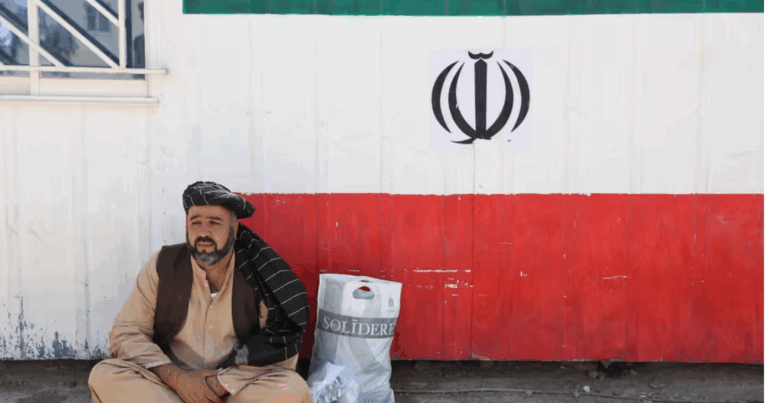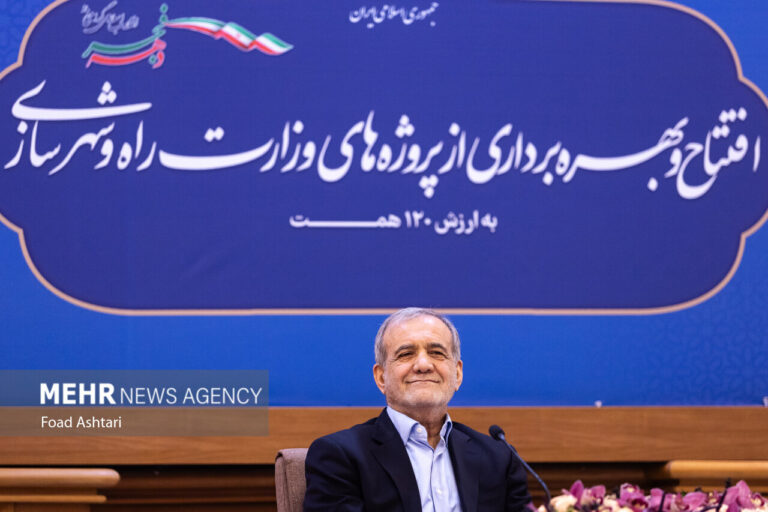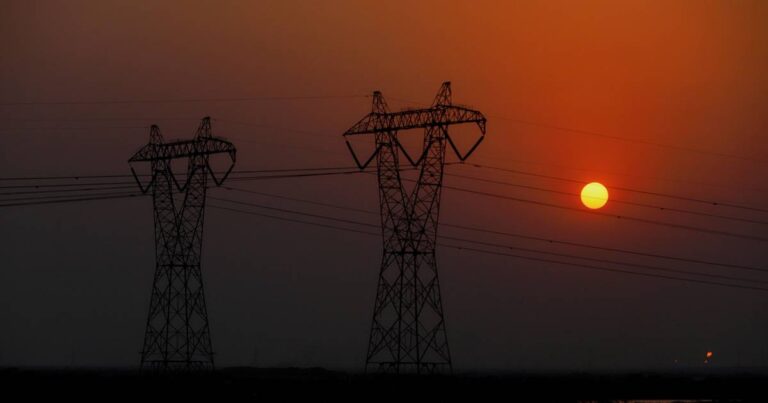Venezuela’s Maduro Declares Economic Emergency: New Decree Aims to Tackle Crisis
In a recent televised conference, the leader addressed the nation, emphasizing a significant decree aimed at preserving the country’s economic balance amidst escalating tariffs and the revocation of licenses. This announcement comes in the wake of numerous economic challenges that have prompted the U.S. administration to implement drastic measures.
On April 2, former President Trump unveiled a controversial plan to introduce tariffs on imports from a staggering 185 countries and territories. These universal tariffs, set at 10%, are scheduled to take effect on April 5, while individual tariffs will follow suit on April 9. Furthermore, effective April 3, the U.S. administration imposed a hefty 25% tariff on all imported vehicles, declaring a state of emergency due to the deteriorating economic landscape.
The economic sanctions against Venezuela have been a pressing issue in international relations. Since 2015, the United States and its allies have enacted more than 930 unilateral restrictive measures targeting Venezuela. These sanctions have had a devastating impact, particularly the measures enacted in 2019 during Trump’s first term, which specifically targeted the state-owned oil and gas company, Petroleos de Venezuela (PDVSA).
In a significant move in February of this year, Trump revoked exemptions that previously allowed American and foreign oil companies to conduct business in Venezuela. Further tightening the noose, in April, the U.S. introduced import duties of 25% on countries purchasing oil or gas from Venezuela. This series of actions underscores the ongoing tension in U.S.-Venezuela relations and the broader implications for global oil markets.
- Introduction of tariffs: 10% universal tariffs starting April 5 and individual tariffs on April 9.
- Vehicle tariffs: 25% duty on all imported cars effective April 3.
- Sanctions history: Over 930 restrictive measures against Venezuela since 2015.
- Impact of sanctions: Severe economic damage to Venezuela, particularly from the 2019 sanctions on PDVSA.
- Revocation of exemptions: Cancellation of sanctions exemptions for oil companies in February.
- New import duties: 25% tariffs on oil and gas purchases from Venezuela introduced in April.
The implications of these tariffs and sanctions are far-reaching. Economists warn that such measures could further destabilize the economies of affected countries, leading to increased prices for consumers and potential retaliatory tariffs. The current U.S. administration’s aggressive stance may also strain diplomatic relations, complicating efforts to resolve ongoing conflicts or negotiate trade agreements.
Moreover, the ripple effects of these tariffs could lead to shifts in global trade dynamics, as countries seek alternative markets and suppliers. Industries reliant on imports may face increased operational costs, potentially resulting in higher prices for consumers. This scenario raises concerns about inflation and economic recovery in the wake of the pandemic.
The sanctions against Venezuela, in particular, have been criticized for exacerbating humanitarian crises within the country. The severe restrictions on oil exports have led to significant revenue losses, crippling Venezuela’s economy and leading to widespread shortages of essential goods. As the situation unfolds, it remains to be seen how both domestic and international stakeholders will respond to these developments.
In conclusion, the recent economic measures introduced by the U.S. government represent a pivotal moment in international trade and diplomacy. The implementation of tariffs and sanctions not only reflects current economic challenges but also sets the stage for potential shifts in global alliances and economic strategies. As nations navigate these turbulent waters, the long-term impacts of these decisions will likely resonate far beyond the immediate economic landscape.
It is crucial for stakeholders, including businesses, policymakers, and consumers, to stay informed about these developments. Monitoring the situation closely will be essential in understanding the broader implications for the global economy and formulating appropriate responses to the changing trade environment.
Stay tuned for further updates on this evolving story as it unfolds.
